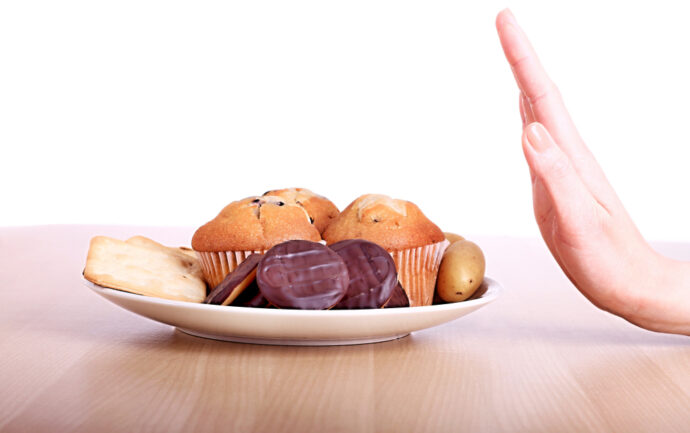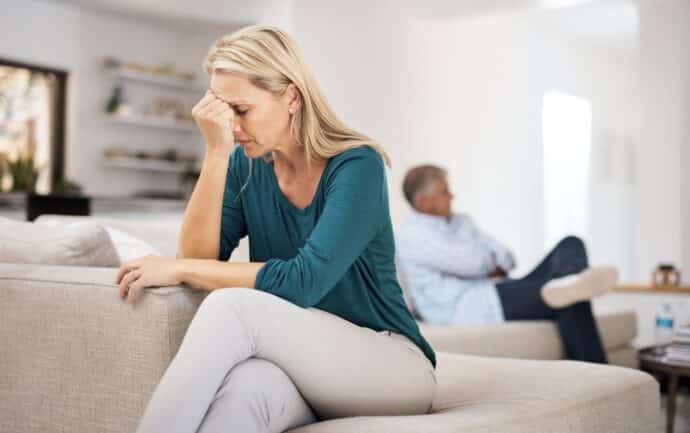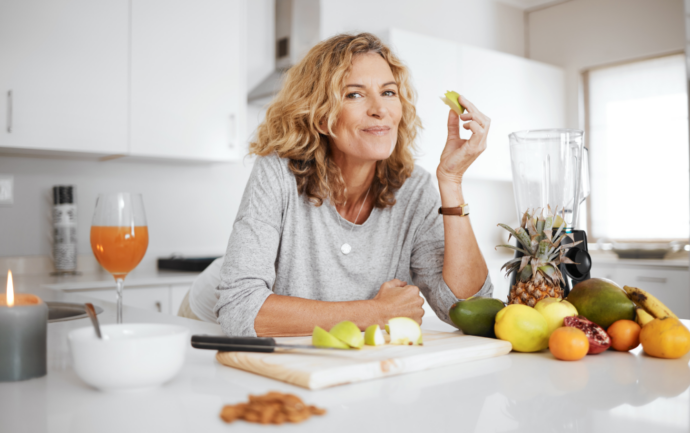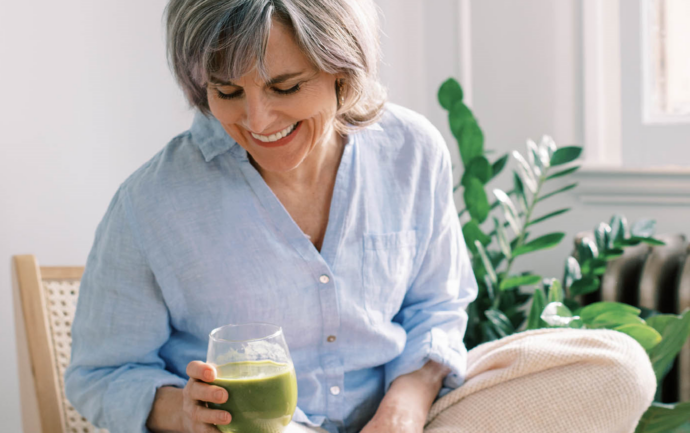Dr. Nina Savelle-Rocklin
Emotional Resilience: Your Secret Weapon for Lasting Food Freedom

When it comes to overcoming emotional eating, most people focus on what they’re eating or how much they’re eating. But lasting change isn’t just about food—it’s about feelings.
One of the most powerful tools in breaking free from binge eating is something that rarely gets enough attention: emotional resilience.
Table of Contents
- Why Food Becomes a Coping Mechanism
- Suppressing Emotions Doesn’t Work
- Self-Compassion Builds Resilience
- Tools for Building Emotional Resilience
- Real Freedom Comes From Within
- Conclusion
- Frequently Asked Questions:
Emotional resilience is the ability to cope with life’s challenges without falling apart—or falling into food. It doesn’t mean never getting upset. It means being able to feel your emotions, respond to them, and support yourself through them without needing to numb out with cookies, chips, or ice cream.
And no, you’re not born with resilience. It’s something you build.
Why Food Becomes a Coping Mechanism
If you struggle with bingeing or emotional eating, it’s not because you’re weak or broken. Food is a solution—your mind’s way of dealing with something deeper.
Often, we eat to soothe what we can’t express: anxiety, loneliness, guilt, boredom, sadness. Focusing on food becomes a way to avoid what’s really eating at us.
In The Binge Cure, I explain how different cravings often reflect different emotional needs. Sweet foods may signal a desire for comfort. Crunchy snacks can be a way to express anger. Carbs might be calming. These connections happen unconsciously—but they’re real.
Understanding what you’re really hungry for is the first step toward true change.
Suppressing Emotions Doesn’t Work
Many people are taught to ignore their emotions: Don’t cry. Don’t be dramatic. Keep it together.
So it’s no surprise that when uncomfortable feelings arise, the automatic response is to push them away—and turn to food instead.
But suppressing emotions doesn’t make them disappear. It just pushes them underground, where they resurface as urges, behaviors, or physical symptoms. And after the binge comes guilt, shame, and self-criticism.
That cycle reinforces the belief that you’re out of control. But in reality, you’re coping the only way you know how.
Healing begins when you learn a new way.
Self-Compassion Builds Resilience
You cannot hate yourself into healing. And willpower alone won’t get you there.
Real change comes from self-compassion—from developing the ability to soothe yourself emotionally instead of stuffing down feelings with food.
Emotional resilience means being able to tolerate discomfort, validate your experience, and respond to yourself with care.
When you build that inner strength, you don’t need food to do the job anymore.
Tools for Building Emotional Resilience
Here are some of the key strategies I share with clients to help strengthen emotional resilience and transform their relationship with food:
1. Identify emotional triggers
Before you eat, ask yourself: What am I feeling? Stress, sadness, boredom, loneliness, frustration—getting clear on your emotions helps you address them directly.
2. Practice self-compassion
Replace self-criticism with understanding. Treat yourself the way you’d treat a close friend—with kindness, curiosity, and care.
3. Build “emotional Teflon”
Visualize a mental shield that allows negativity to slide off, while your self-worth remains intact. This creates a boundary between external judgment and your internal truth.
4. Embrace solitude
Learn to feel safe in your own company. Solitude allows you to connect with yourself in a nourishing, grounded way—no distractions, no food needed.
5. Balance doing with being
Many people stay busy to avoid feeling. Carve out space to simply be—to slow down, reflect, and let your emotions rise instead of running from them.
6. Challenge negative beliefs
Interrogate the stories you’ve been told about food, your body, and your worth. These beliefs didn’t come from you—and they don’t have to define you.
7. Feel the feelings
Give yourself permission to fully experience your emotions, even the uncomfortable ones. Cry, write, talk, move—whatever helps you process rather than avoid.
Here is a tip for what to do when the pull to the kitchen feels like too much:
Real Freedom Comes From Within
Emotional resilience isn’t a one-time achievement. It’s a skill you develop and refine throughout your life. The more you practice tuning in, validating your needs, and supporting yourself emotionally, the less you’ll rely on food to do that for you.
This work takes courage. But it leads to a kind of freedom that diets and discipline never will–because when you make peace with your feelings, you make peace with food.
Conclusion
Emotional resilience is the key to lasting food freedom. When you focus on what you’re feeling—not just what you’re eating—you break the cycle of using food to cope.
By learning to identify your emotions, respond with compassion, and build inner strength, you no longer need food to manage your feelings.
True change happens from the inside out—and that’s where real food freedom begins.
Frequently Asked Questions:
What exactly is emotional resilience and how does it relate to my eating struggles?
Emotional resilience is your ability to cope with life's challenges without falling apart—or turning to food. It's not about never getting upset or experiencing difficult emotions. Instead, it's about developing the capacity to feel all of your emotions by processing them without needing to numb out with cookies, chips, or ice cream. When you build emotional resilience, you create an inner strength that eliminates eating as a coping mechanism.
Why do I always turn to food when I'm stressed or upset?
You turn to food because it works—at least temporarily. Food becomes a solution when you haven't learned other ways to manage difficult emotions like anxiety, loneliness, guilt, or sadness. Different foods often reflect different emotional needs: sweet foods may signal a desire for comfort, crunchy snacks can be a way to express anger, and carbs might provide calming effects. This isn't a character flaw—it's your mind's way of dealing with something deeper that needs attention.
I've tried willpower and strict diets, but I always end up bingeing again. What am I doing wrong?
You're not doing anything wrong. Willpower alone won't create lasting change because binge eating isn't really about food—it's about feelings. When you focus solely on controlling what you eat without addressing the underlying emotions driving your eating behaviors, you're treating the symptom rather than the cause. Real transformation happens when you develop emotional resilience and learn to process feelings instead of stuffing them down with food.
How can I tell the difference between physical hunger and emotional hunger?
Emotional hunger typically comes on suddenly and feels urgent, while physical hunger develops gradually. Emotional hunger often craves specific foods (usually sweet, salty, or crunchy), while physical hunger is satisfied by various foods. After eating for emotional reasons, you often feel guilt or shame, whereas eating for physical hunger feels nourishing and satisfying. Most importantly, emotional hunger persists even after you're physically full because food can't actually satisfy emotional needs.
What does self-compassion have to do with stopping binge eating?
Self-compassion is crucial because you cannot hate yourself into healing. When you criticize yourself after eating, you feel terrible, which often triggers more binge eating for comfort. Self-compassion means treating yourself with the same kindness you'd show a close friend. It involves validating your experience, understanding that struggles are part of being human, and responding to yourself with care rather than criticism. This breaks the shame-binge cycle that keeps you trapped.
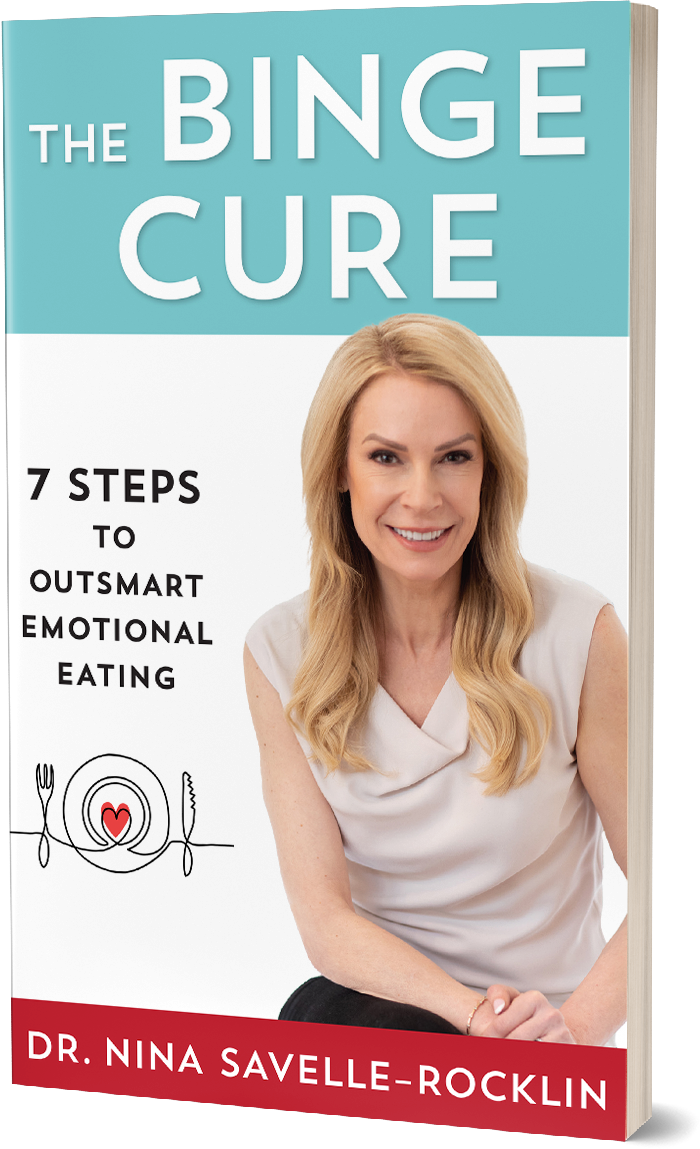
Sick of obsessing about every bite?
GET THE CURE
The Binge Cure Book!
Enter “CURE” to receive a 20% discount.
I’d love to conquer binge eating by ordering Dr. Nina’s book, The Binge Cure!
No, I don’t want access to this terrific resource to help me overcome binge eating.
The Author
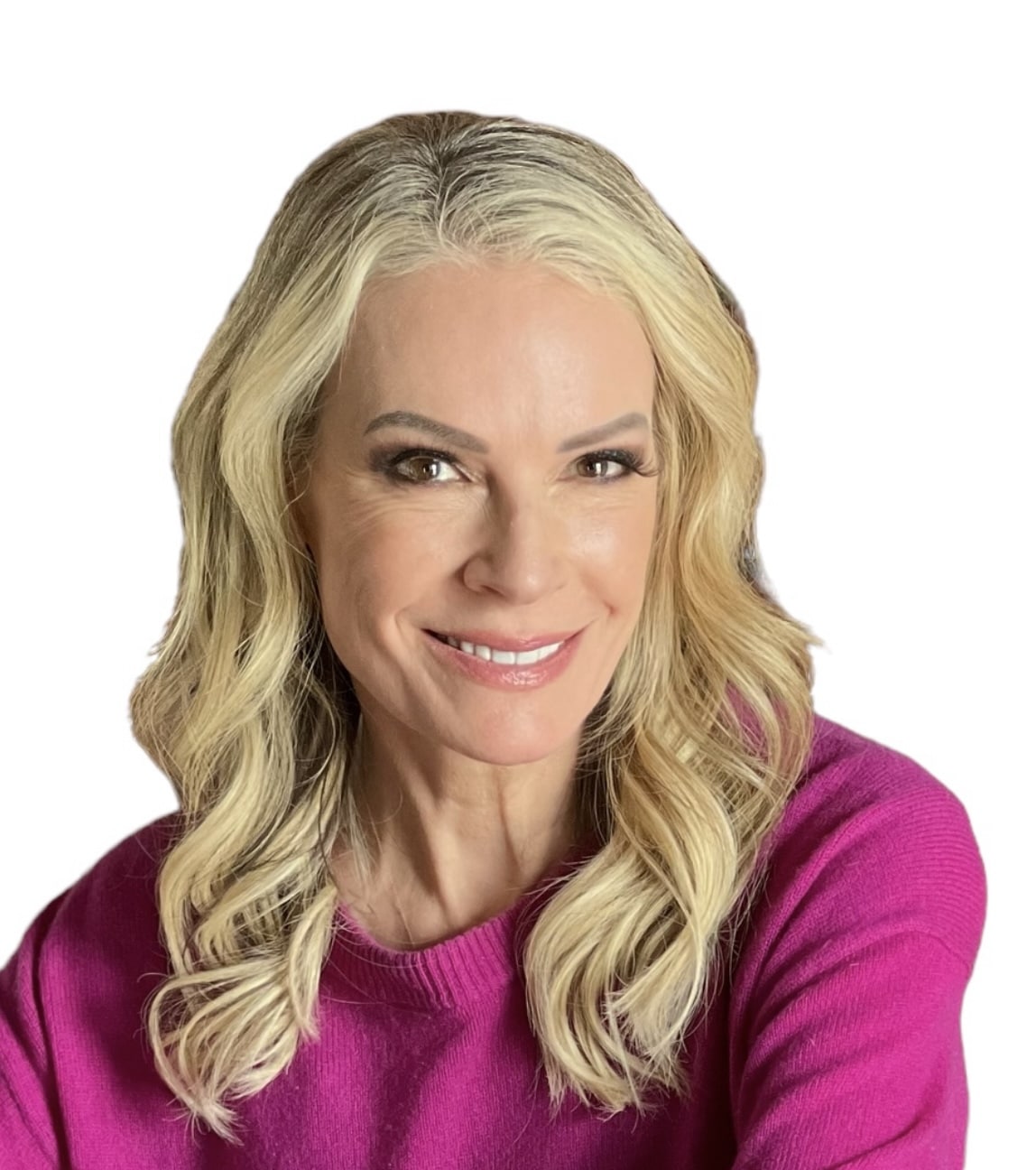
Dr. Nina Savelle-Rocklin is a renowned author and podcast host and one of the nation’s leading psychoanalysts known for the psychology of eating. Her signature message of, “It’s not what you’re eating, it’s what’s eating ‘at’ you” has resonated with hundreds of thousands of listeners from around the globe in 40 countries. As founder of The Binge Cure Method, she guides emotional eaters to create lasting food freedom so they can take back control of their lives and feel good in their bodies.
Related Blogs




